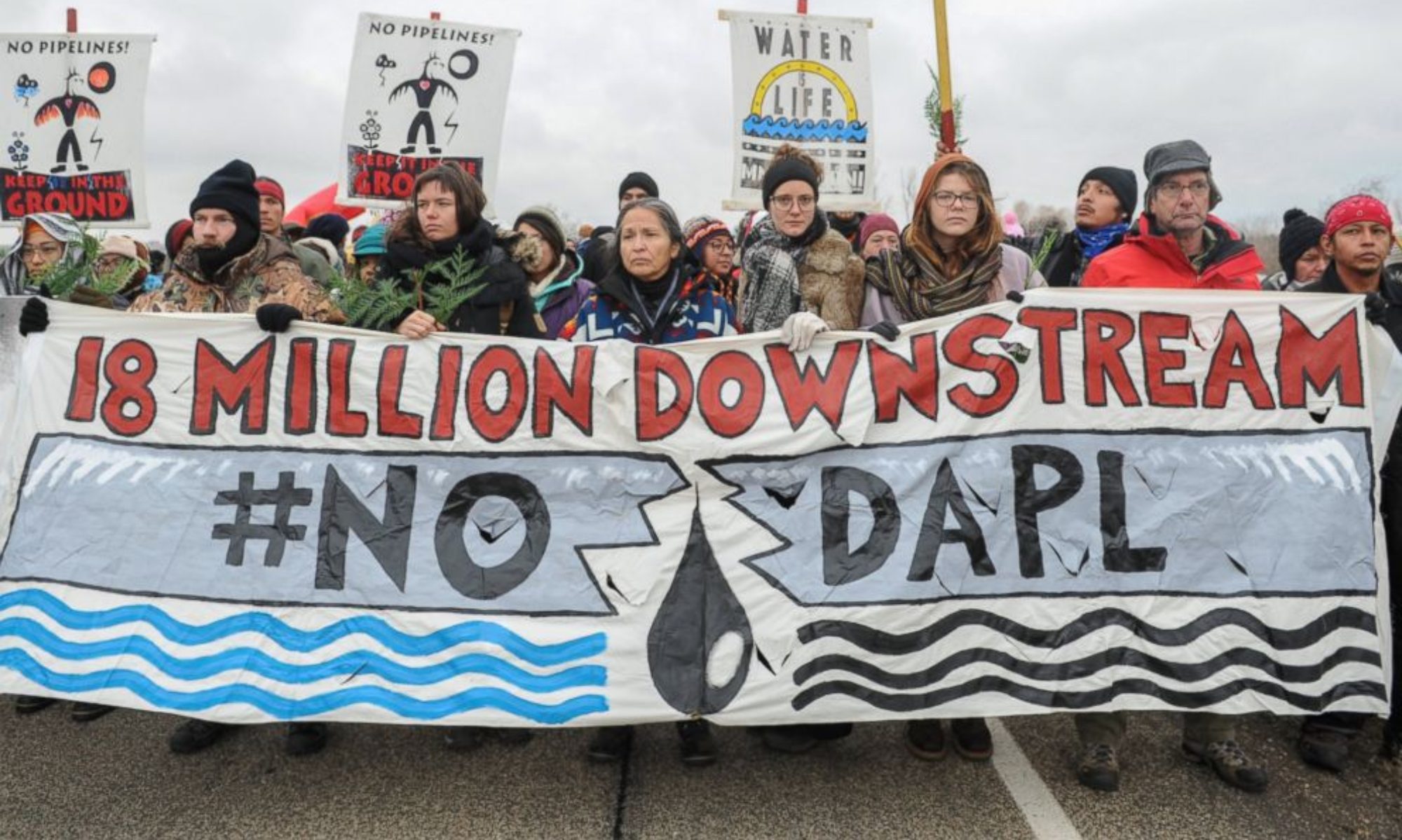Although the pipeline is almost functional at this point, one thing that has been made clear through the protests and public outrage is that public opinions and public voices do create change. Hundreds of different tribes, veterans, celebrities, environmental activists and other citizens of the United States have come together to protest DAPL and protect the Standing Rock Sioux tribe’s rights.
Alicia Weaver, a sociologist, has conducted research about environmental attitudes and behaviors, sustainable development, comparative social change, and survey research methodology. In particular, her research explores how social movements, like the Dakota Access Pipeline, can mediate policy. Her results support the idea that public opinion does matter and that the government does listen to their citizens on some level. The public, and the elite play a pivotal role in driving environmental change. A fight does not stop when a protest site is cleared; it continues if it has a social movement (and civic discourse) behind it.
In the case of the #NoDAPL movement, the initial civic discourse has resulted in real action, first in the physical protests at the historic gathering of Indigenous Nations at the Oceti Sakowin camp and now through a continued movement to divest. Mark Berman who reported on the forced evacuation of the protest camps highlights that even though the protesters were required disband, the fight is still not over, saying “this hasn’t been all for nothing” (Berman). The #NoDAPL movement brought together hundreds of tribes, veterans, celebrities, environmentalists, and many more, all uniting to fight for indigenous rights and water rights. Importantly, people are still fighting, by talking to their senators, representatives and banks, by urging divestment from companies that support the pipeline construction.
Now the #NoDAPL movement has developed into #DefundDAPL. Defunding DAPL has been taken up by the activists and supporters of Standing Rock and they have gone to their legislators and banks petitioning them to withdraw their support and money from DAPL. ithout money the project cannot continue. Julia Carrie Wong, a writer for The Guardian, reports what #DefundDAPL has already accomplished. The Dutch bank ING is one of the major banks funding DAPL and it was the first of the 17 banks involved with the project to divest. ING sold not only their $2.5 billion shares in the pipeline but also sold $220m of shares in the pipeline’s parent companies and decided not to do any future business with the companies. The main reason ING divested was due to the pressure and the pleas from the Standing Rock Sioux tribe and the many other protestors about the DAPL threat to the water source and the violation of treaty rights. ING hoped that this would make some impact and Wong also reported that ING hoped that this would send a message to other banks and investors of DAPL and encourage them to also pull out of the project. With ING divesting from DAPL, smaller Norwegian shareholders have started to follow their lead. Even here in the United States, the city of Seattle voted to divest from Wells Fargo, another bank involved in financing the project. So even with DAPL protests not seen in as many mainstream news outlets as it was a few months ago, the movement continues. #DefundDAPL is still working to have more banks divest from the DAPL project.
The voices of the Standing Rock Sioux tribe and the thousands of others who stand behind them may have been ignored by some of the investors and by the Trump administration, but their cries are echoed not only throughout our country but in other countries as well. This is just one injustice out of thousands that have plagued our history of people in power taking advantage of those they believe will not and cannot do anything because they do not have power. In this case, however, activists, tribes, and everyone who stood with Standing Rock took back the power. They used their voices to stop the progress of DAPL for as long as they could. It is still up to us to not let our voices die down again but to raise them to a new level. We must continue the fight to defund the project and protect the Standing Rock tribe’s sovereignty. And this includes doing more than just pressing “like” on Facebook.

